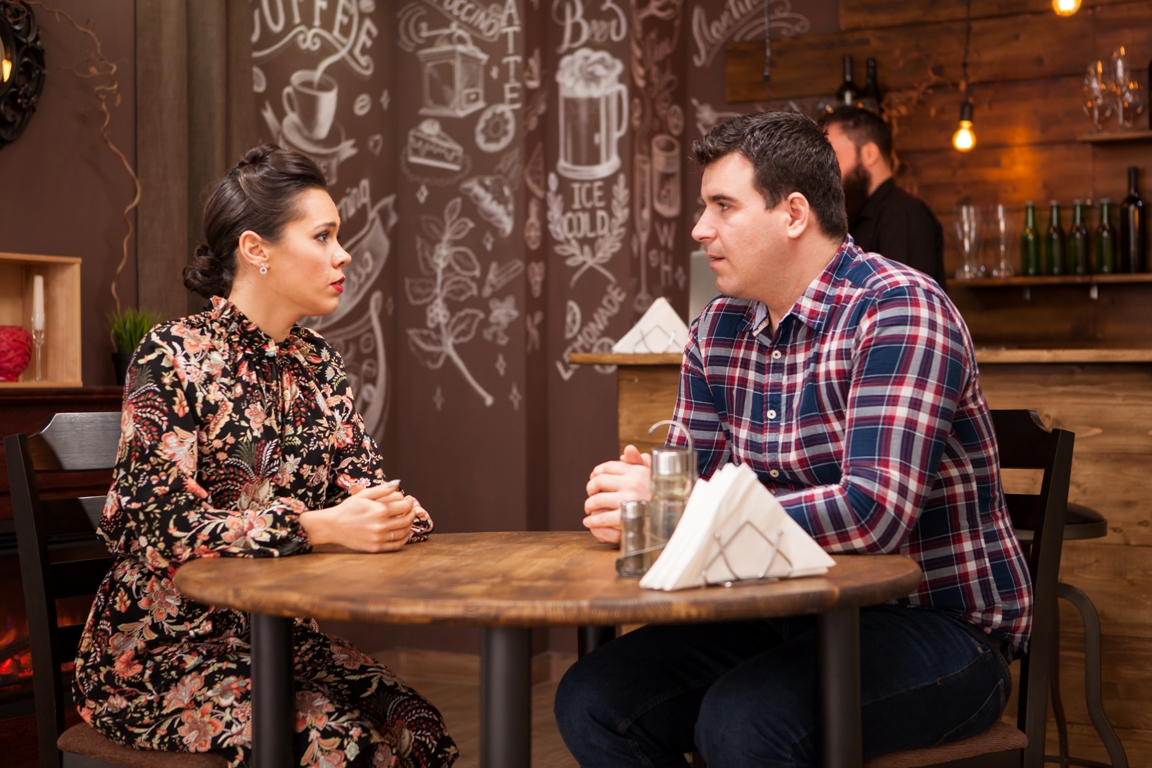Table of Contents
- Understanding the Root Causes of Lying
- Recognizing the Signs of Dishonesty
- Impact of Lying on Relationships
- Strategies for Overcoming Lying
- Practical Tips for Cultivating Honesty
Key Takeaways
- Understanding the root causes of lying is crucial for addressing the issue effectively.
- Recognizing signs of dishonesty can help in early intervention and prevention.
- Lying can have profound negative impacts on relationships, eroding trust and intimacy.
- Strategies such as open communication and setting boundaries are essential for overcoming lying.
- Practical tips like fostering transparency and resolving conflicts constructively can aid in cultivating honesty.
Understanding the Root Causes of Lying
In any relationship, how to stop lying in a relationship honesty serves as the bedrock of trust and intimacy. However, understanding why individuals resort to lying is essential in addressing the issue effectively.
Fear of Confrontation or Conflict
One of the primary reasons people lie in relationships is the fear of confrontation or conflict. Rather than facing difficult conversations or potential disagreements, individuals may resort to deception as a way to avoid discomfort.
Insecurities and Self-esteem Issues
Lying can also stem from deep-seated insecurities and self-esteem issues. Individuals may fabricate stories or embellish facts in an attempt to portray themselves in a more favorable light, fearing rejection or disapproval from their partner.

Past Experiences and Learned Behavior
Furthermore, past experiences and learned behavior can influence lying tendencies in relationships. Those who grew up in environments where dishonesty was normalized or witnessed deception between their parents may replicate similar patterns in their own relationships.

Lack of Communication Skills
Additionally, a lack of effective communication skills can contribute to lying in relationships. When individuals struggle to express their thoughts and feelings openly and honestly, they may resort to dishonesty as a means of communication.

Recognizing the Signs of Dishonesty
To effectively address lying in a relationship, it’s crucial to be able to recognize the subtle signs of dishonesty. While some cues may be more obvious, others require a keen eye and intuition.
Verbal Cues and Language Patterns
Pay attention to inconsistencies in your partner’s story or vague language that lacks detail regarding how to stop lying in a relationship. Verbal cues such as hesitations, defensiveness, or overly elaborate explanations can also indicate potential dishonesty.
Physical Cues and Body Language
Non-verbal cues can often reveal more than words alone. Watch for physical cues like avoiding eye contact, fidgeting, or unusual changes in behavior, which may betray underlying deceit.
Emotional Cues and Inconsistencies
Notice any discrepancies between your partner’s words and emotions. Emotional cues such as expressions of guilt, discomfort, or evasion of certain topics can signal potential dishonesty.

Impact of Lying on Relationships
The consequences of lying in a relationship extend far beyond the immediate deception. Lying can erode trust, damage communication, and ultimately jeopardize the foundation of the relationship.
| Impact | Description |
|---|---|
| Erosion of Trust | Lying undermines trust, making it difficult to believe your partner and feel secure in the relationship. |
| Damage to Communication | Deception hinders open and honest communication, leading to misunderstandings and conflict. |
| Toxic Cycle of Deception | Lying can perpetuate a destructive cycle of dishonesty and mistrust, further damaging the relationship. |
| Long-term Consequences | The effects of lying can linger, impacting the health and stability of the relationship in the long run. |
Strategies for Overcoming Lying in Relationships
To rebuild trust and foster honesty in your relationship, it’s essential to implement effective strategies for overcoming lying.
Open and Honest Communication
Establish a safe and supportive environment where both partners feel comfortable expressing their thoughts and feelings without fear of judgment or retribution, focusing on how to stop lying in a relationship. Encourage open communication and actively listen to each other’s perspectives.
Building a Culture of Trust and Vulnerability
Cultivate a sense of trust and vulnerability in your relationship by being transparent and authentic with each other. Share your fears, insecurities, and past experiences openly, fostering a deeper emotional connection.

Setting Boundaries and Expectations
Establish clear boundaries and expectations regarding honesty and integrity in your relationship. Communicate openly about what is acceptable behavior and the consequences of dishonesty.
Practicing Empathy and Understanding
Show empathy and understanding towards your partner’s struggles and insecurities. Avoid judgment and criticism, and instead, offer support and encouragement as you work together to overcome lying.
Practical Tips for Cultivating Honesty
Building a foundation of honesty in your relationship requires consistent effort and commitment. Here are some practical tips to help you cultivate honesty and trust:
- Commit to Transparency and Accountability: Be open and transparent with your partner, and hold each other accountable for your actions.
- Resolving Conflicts Constructively: Address conflicts and disagreements calmly and respectfully, focusing on finding solutions rather than assigning blame.
- Encouraging Honesty Through Positive Reinforcement: Recognize and praise honesty in your partner, reinforcing the importance of truthfulness in your relationship.
- Creating a Supportive and Non-judgmental Environment: Foster a safe and supportive atmosphere where both partners feel comfortable being honest and vulnerable.
Frequently Asked Questions
1. What are some common reasons why people lie in relationships?
Insecurities, fear of conflict, past experiences, and lack of communication skills are some common reasons why people may resort to lying in relationships.
2. How can I rebuild trust after being lied to in a relationship?
Rebuilding trust requires open communication, transparency, and consistent effort from both partners. It’s essential to address the underlying issues that led to the dishonesty and work together to establish trust again.
3. Is it ever okay to lie in a relationship?
While honesty is crucial for healthy relationships, there may be rare instances where a white lie is used to spare someone’s feelings or protect them from unnecessary harm. However, habitual lying or deception should always be addressed and resolved.
4. Can compulsive lying be treated or managed?
Compulsive lying may be indicative of deeper psychological issues and may require professional intervention and therapy to address underlying causes and develop healthier coping mechanisms.
5. What are some red flags to watch out for in detecting lies in a relationship?
Some red flags include inconsistencies in stories, avoidance of eye contact, defensive behavior, and gut feelings that something isn’t right. Trust your intuition and communicate openly with your partner if you have concerns.
Additional Resources
For further support and guidance on fostering honesty and trust in your relationship, consider exploring the following resources:
- The Four Horsemen: Recognizing Criticism, Contempt, Defensiveness, and Stonewalling – The Gottman Institute
- How to Communicate Better in Relationships – Verywell Mind








Leave a Comment